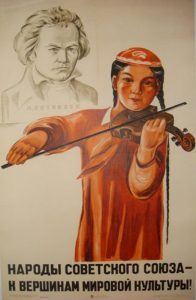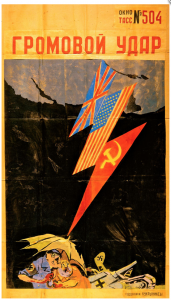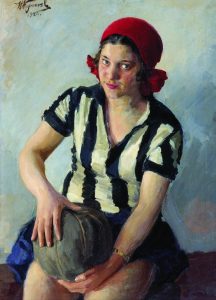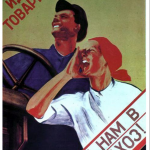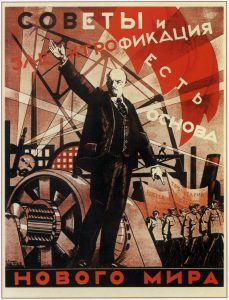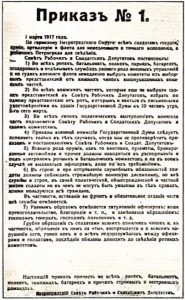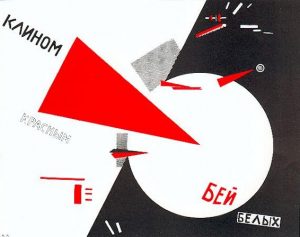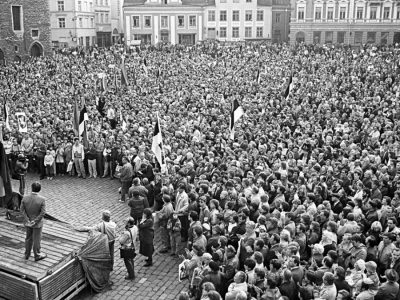Welcome back — We had a terrific crop of posts this week! With submissions touching on key aspects of Stalin’s leadership cult, the purges, the re-building of Moscow, and many components of the “Great Retreat” (Soviet Champagne, anyone?), this weekly edition provides a fascinating overview of Soviet life in the thirties. Your editorial team hopes you will catch up on posts in the slider (now bursting with five posts) and in Comrades’ Corner.
The trauma of World War II awaits us next week.
